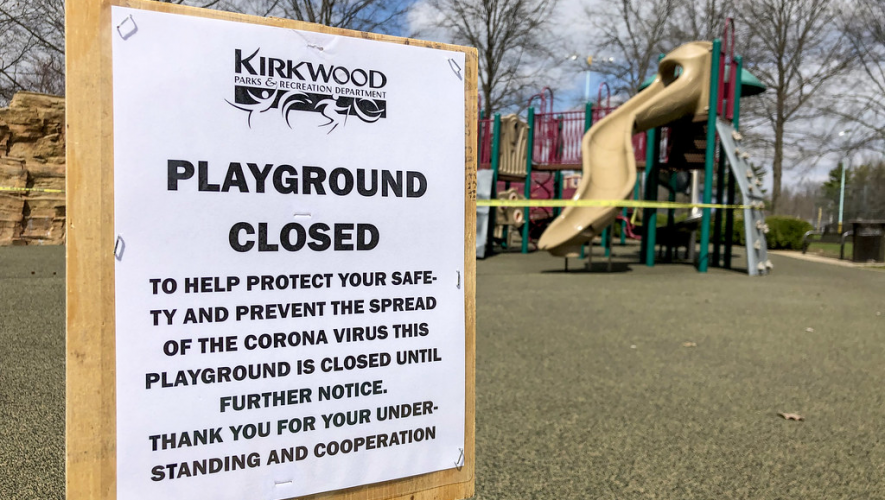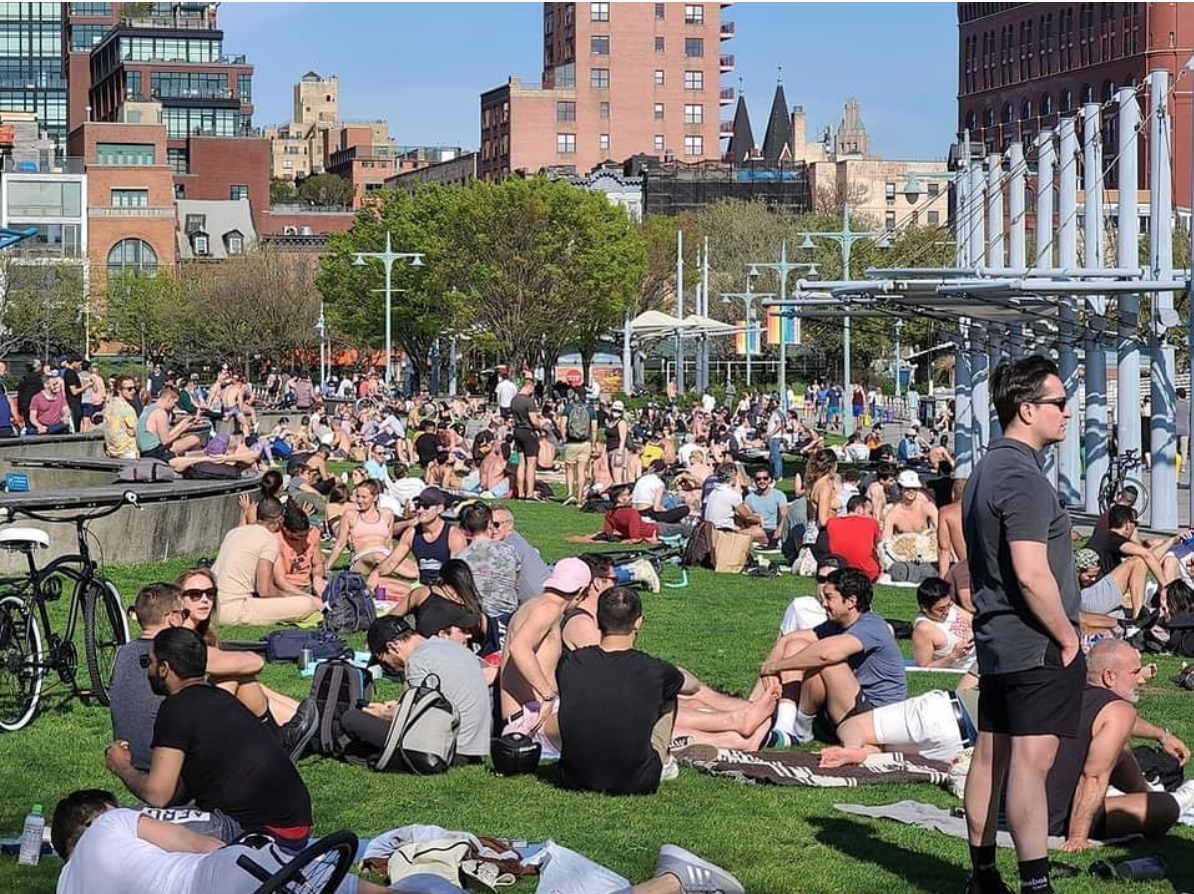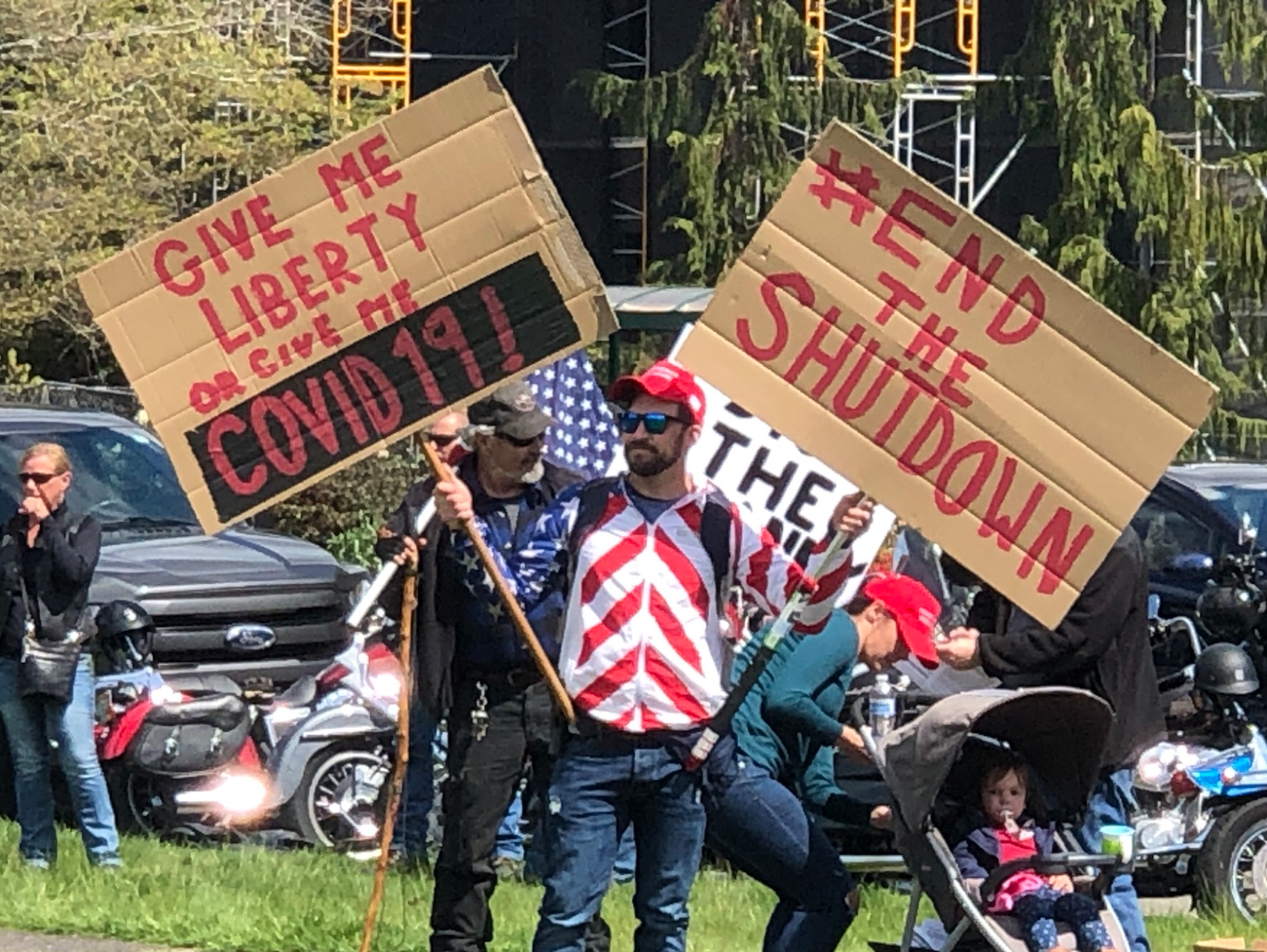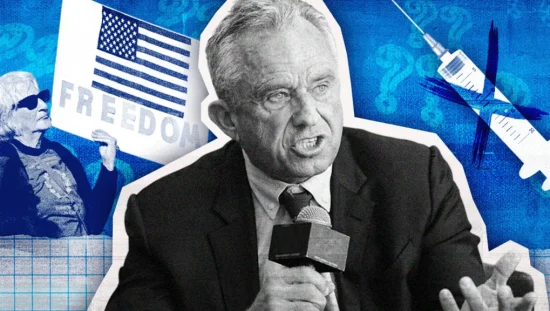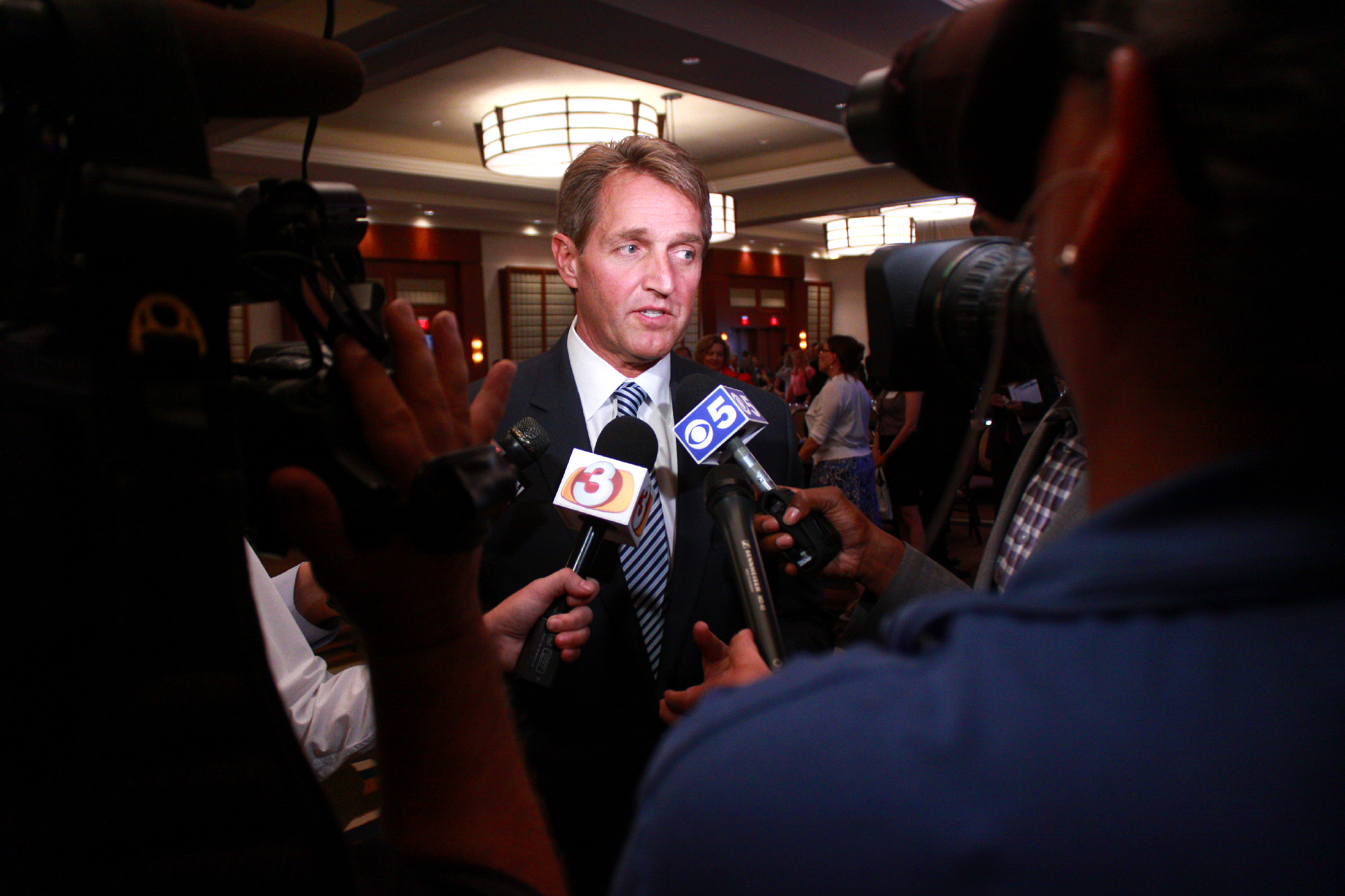For the past few months, the coronavirus (COVID-19) pandemic has completely upended the conventional functions of our society.
As we attempt to understand and combat this virus, there are still a plethora of unknowns. Despite our limited knowledge about the virus, stay-at-home orders have been widely accepted as a measure to mitigate the disease’s spread. This approach intuitively makes sense—the less time people spend with others, the less likely they are to catch or spread the disease.
Over a third of the world’s population lives under some lockdown restriction; more than half of states in the US have implemented similar measures. Many Americans, including entrepreneur Elon Musk, have decried state and federal restrictions, calling them tools of oppression. As people remain stuck in their homes for extended periods, uncertain about the future, unrest brews.
Some people have reached their breaking point and have openly violated stay-at-home orders, with some organizing protests on state capitols. A picture on Instagram—displaying dozens of people defying stay-at-home orders by hanging out in a park in Manhattan’s West Village—received considerable media attention and public backlash.
In the beginning of the pandemic, other national governments took more extreme measures to limit disease transmission. Singapore outlawed large gatherings of people, with a penalty of six months jail time for violators. The country created a database to track the interactions of individuals who contracted the virus; that way, the government can find those exposed and forcibly isolate them. Just recently, the Spanish government allowed people to leave their houses for the first time since March 15. In China, where the outbreak originated, the government deployed the military in multiple cities, shutting down all travel in certain cities and provinces.
In other neighborhoods in New York City, police officers (who are not wearing masks) have assaulted and arrested citizens for not complying with social distancing orders. Yet, for the people in the picture above, officers responded with a more civil measure: calmly handing out masks. For black Americans, violating a stay-at-home order more often draws a violent response from police, while white violators are treated with dignity and respect.
The white conservatives who organize armed protests can leave their houses to exercise, shop for groceries, and buy medical supplies without fear of assault or arrest. Nonetheless, they claim that these stay-at-home orders are an example of government overreach, akin to that employed in communist and tyrannical regimes.
There have been little to no repercussions for individuals violating state and local orders, which exemplifies the unique privilege these protesters have. While some news reports have mentioned recent spikes in arrests in certain pockets of the country, most of the infractions have been related to domestic disputes, robberies, and other violent crime; violations of shelter-in-place measures have usually resulted in summons and issued citations.
There has also been intense controversy around the need to wear masks outdoors, with critics claiming there is limited evidence that it stops the disease’s spread. But masks serve to prevent people from spreading the virus to others, not protect the wearer from infection. Furthermore, it is quite difficult to conduct large-scale experiments regarding the usefulness of masks in the middle of a pandemic. Wearing masks is not perfect for preventing transmission, but it is better than doing nothing at all. While many perceive this as affirming the consequent, it is actually a phenomenon of risk aversion. Imagine the person in front of you at the grocery store coughs while picking up some milk—whether or not you are a higher risk individual, wouldn’t you prefer that person was wearing a mask?
Employees in the White House believe the measure to be effective enough that staffers and other officials are instructed to wear masks while at work, despite the president and vice president’s refusal to do so. Texas’ governor has openly advised citizens to wear masks but has not mandated the measure, saying no one should go to jail for not wearing a mask—though there is no documented case of that happening anywhere in the country. While many political leaders tout the recommendation as a “personal choice,” politicians who contracted the virus continually advocate for Americans to listen to the Centers for Disease Control (CDC).
Even as some states begin to loosen their travel restrictions, they still advise people to practice social distancing and wear masks to limit transmission. However, even these minimal guidelines have proven too much for many people to handle. Parks in Miami have been forced to close after thousands of warnings by authorities to wear masks went ignored. Furthermore, people have threatened, assaulted, and killed store clerks and security officers for enforcing these rules in private places of business.
Regardless of why someone wants this crisis to end—whether to boost the economy, minimize loss of life, or just to go outside in groups again—ignoring the advice of the government or medical experts is counterproductive. Violating stay-at-home orders and shelter-in-place measures will only exacerbate the pandemic’s damage. Kentucky saw its largest spike in COVID-19 cases after protests on the state capitol. Even as Americans fight for their “rights” against these regulations, they are putting others at risk.
This gets at the heart of the issue—many of those protesting shelter-in-place provisions believe that the solution is as harmful as the problem. Furthermore, people believe that these health measures should apply only to those who have contracted the virus, and should have no bearing on “healthy” individuals. They fail to realize that even people who don’t show symptoms may have contracted the virus and could spread it to others who are more at risk (like the elderly and immunocompromised). The concept of being an asymptomatic carrier of a disease is not novel, and most doctors and epidemiologists believe that current statistics of coronavirus cases are underestimates, given that many asymptomatic carriers have not been tested.
Although 70 percent of Americans state that they are “very proud” to be American, it is clear that those protesting hold little regard for suggestions made by their government. American culture emphasizes individualism and personal liberty, and in doing so, has caused some to lose any sense of public responsibility. The same people who take advantage of the liberties of free speech and expression afforded to them are the ones up in arms whenever our government asks something of us that poses an inconvenience.
People’s defiance of government orders—with little pushback—is antithetical to the argument of oppression in the US. It is not typical of Americans to value some social responsibility over their own personal liberties, since they consider any restriction of their rights to be an affront. The desire to do whatever we please has superseded public interest. Complaints for a return to normalcy blindly ignore the crisis we face. We must acknowledge that this situation is bigger than ourselves in order to make any progress.
The rate of new COVID-related cases in New York City has dropped in recent weeks, a promising development in the fight against the virus. The national rate of infections, however, remains largely constant due to rising numbers of cases in smaller cities and rural communities. The status quo is less than ideal—to say the least—and improving it requires sacrifices from all Americans.
Even as our outlook improves, it is still vital that we listen to the recommendations of public health officials, make the best of our circumstances, limit time spent outdoors, and wear a mask whenever necessary for the sake of others. While you are fully within your rights to disregard CDC recommendations, doing so is an overt display of selfishness and indifference to public health.

